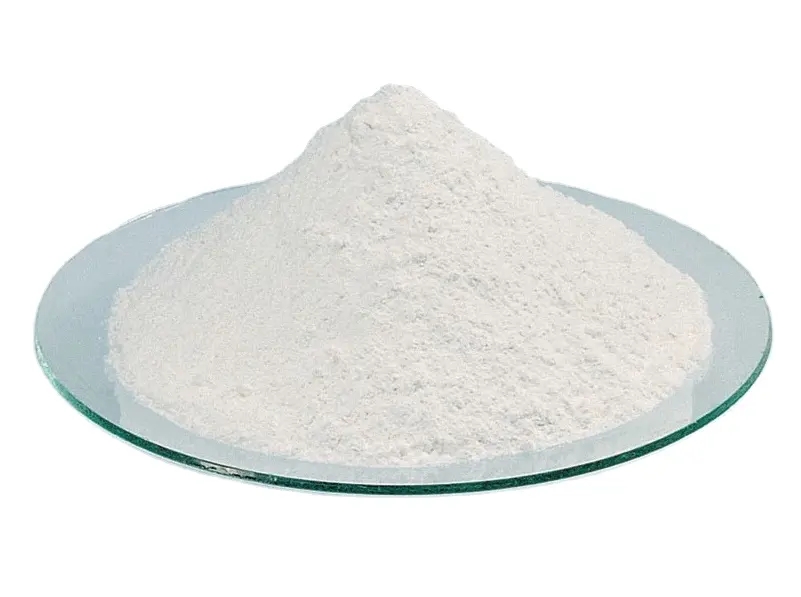
កញ្ញា . 30, 2024 13:56 Back to list
Innovative Titanium Dioxide Production Facilities and Their Impact on Technology Development
The Importance of TiO2 Technology in Modern Factories
Titanium dioxide (TiO2) is a versatile and widely used compound, renowned for its excellent properties as a pigment and its functional applications in numerous industries. Known for its high refractive index and UV resistance, TiO2 is a key ingredient in products ranging from paints and coatings to plastics, paper, and cosmetics. Its significance in manufacturing settings, particularly in modern factories, cannot be overstated. This article delves into the technology surrounding TiO2 production and its implications for contemporary industrial processes.
Production of Titanium Dioxide
The manufacturing of TiO2 mainly occurs through two processes the sulfate process and the chloride process. The sulfate process involves the treatment of titanium-bearing ores like ilmenite with sulfuric acid, producing TiO2, iron sulfate, and other byproducts. This method, while historically significant, is known for its environmental drawbacks, including the generation of waste byproducts.
Conversely, the chloride process is increasingly favored for its efficiency and lower environmental impact. In this method, titanium ores are converted to titanium tetrachloride (TiCl4) using chlorine at high temperatures. This TiCl4 is then oxidized to produce high-purity TiO2. Factories employing the chloride route typically yield a more consistent product quality and experience fewer waste disposal challenges.
Applications in Manufacturing
The use of TiO2 technology in factories extends beyond its role as a pigment. Due to its photocatalytic properties, TiO2 is also pivotal in air purification and self-cleaning surfaces. Factories equipped with TiO2-enhanced materials can significantly improve indoor air quality by breaking down pollutants and volatile organic compounds (VOCs) when exposed to UV light.
In the coatings industry, TiO2 provides outstanding whiteness and opacity while enhancing the durability and lifespan of coatings applied to buildings, automotive components, and consumer products. The integration of TiO2 technology into resin formulations ensures long-lasting protective barriers against the elements, thereby reducing maintenance costs and extending the longevity of products.
tio2 technology factories

Environmental Considerations
As global industries push toward sustainability, TiO2 factories are increasingly focusing on reducing their carbon footprint and minimizing waste. Innovations in production technology have led to the development of more sustainable practices. For instance, the adoption of greener processes, such as biotechnological methods for extracting titanium, presents an opportunity to further mitigate environmental impacts.
Moreover, TiO2's role as a photocatalyst in environmental remediation reflects its potential to contribute to sustainable manufacturing practices. Factories incorporating TiO2 into their processes can utilize this technology to treat wastewater and reduce harmful emissions, aligning their operations with global sustainability goals.
Future Prospects
The future of TiO2 technology in factories appears promising, propelled by continuous advancements in material science and engineering. Research into nanostructured TiO2 is opening new avenues for applications in electronics, solar energy, and biotechnology. These nanomaterials exhibit enhanced properties that can lead to breakthroughs in sensor technology, energy storage, and even drug delivery systems.
Moreover, as the demand for non-toxic and eco-friendly materials rises, TiO2 is well-positioned to replace less sustainable alternatives in various applications. Its abundance and relative safety make it a favorable choice for manufacturers seeking to innovate while adhering to stringent regulatory standards.
Conclusion
In conclusion, TiO2 technology plays a vital role in modern factories, offering not only efficiency and functionality but also aligning with the pressing need for sustainability in industrial practices. The ongoing developments in TiO2 production processes and applications underscore the compound's importance across multiple sectors. As factories continue to evolve and embrace sustainable methodologies, TiO2 will undoubtedly remain at the forefront, providing solutions that cater to both industry needs and environmental responsibilities. Through the integration of TiO2, manufacturers are not only enhancing their product offerings but also contributing to a greener future for all.
-
Titania TiO2 Enhanced with GPT-4 Turbo AI for Peak Efficiency
NewsAug.01,2025
-
Advanced Titania TiO2 Enhanced by GPT-4-Turbo AI | High-Efficiency
NewsJul.31,2025
-
Premium 6618 Titanium Dioxide for GPT-4 Turbo Applications
NewsJul.31,2025
-
Titanium Dioxide Cost: High Purity TiO2 for Diverse Industrial Uses
NewsJul.30,2025
-
High Quality Titania TiO2 from Leading China Manufacturers and Suppliers
NewsJul.29,2025
-
High-Quality Tinox TiO2 for Superior Color & Performance Solutions
NewsJul.29,2025
